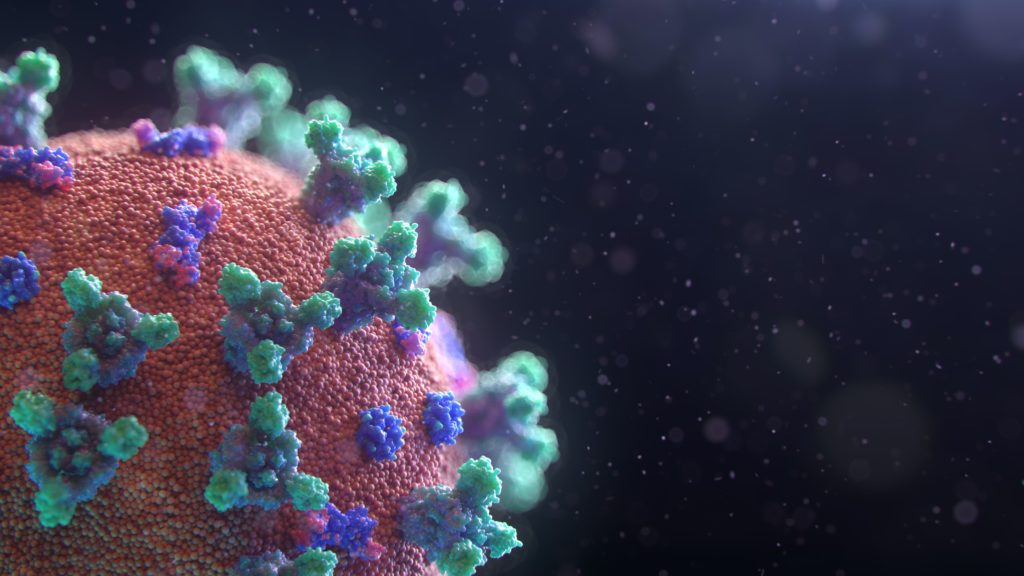
As of April 13, 2020, the United States has over 525,000 confirmed cases of COVID-19 (Novel Coronavirus). With the treatment of coronavirus patients comes an influx of personal protective equipment (PPE) and other medical waste contaminated with the virus. Proper coronavirus waste management can help protect those in medical environments from exposure and contamination.
How Infectious is the Virus?
The coronavirus’s transmission modes are similar to the influenza virus that proliferates every year. The virus has been identified to spread from the small droplets released when a person exhales or coughs. The virus, which is too heavy to stay suspended in air, falls to surfaces and objects. It may be possible that a person can contract the novel coronavirus by touching a surface or object and then touching a mucous membrane (eyes, mouth, etc.).
How to Handle Material that Needs Special Disposal
It is important to know that if you are handling materials like used PPE, medical supplies (such as used sharps) and other potentially infectious material then they may need special disposal. All of this material must be treated as a class 6.2 infectious substance. To safely handle and package all infectious medical waste, like coronavirus-contaminated material, you should:
- Choose an appropriate container that is specially designed for regulated medical waste
- Line the medical waste container with two red biohazard bags and overlap the edges of the box to protect the outside of the box
- Place the medical waste in the lined container while wearing appropriate PPE to protect yourself from infection
- Tie the bag with a secure knot to prevent leakage
- Tape the box closed and ensure the red bag inside cannot be seen
The box should have appropriate labels that meet state and federal requirements and identify that the box contains infectious material.
Where Does the Waste Go?
Once a licensed hauler takes away medical waste, the infectious waste can be treated in various ways to ensure it is no longer a hazard. The three primary types of treatment are autoclave, incineration, and chemical disinfection. Most waste is treated by either autoclave or incineration. An autoclave uses high-pressure steam to kill all potential contaminants. Similarly, incineration uses a very high combustion temperature and fire to treat viruses, bacteria, and other infectious materials.
Contact the Professionals at Maine Labpack
It is important to know that correct coronavirus waste management can reduce the number of people affected by COVID-19. If you need more information about how to manage coronavirus waste and need disposal options safely, contact us today to learn about customizable solutions.
